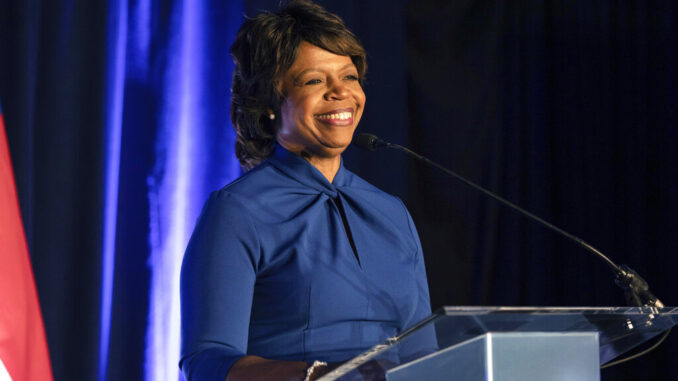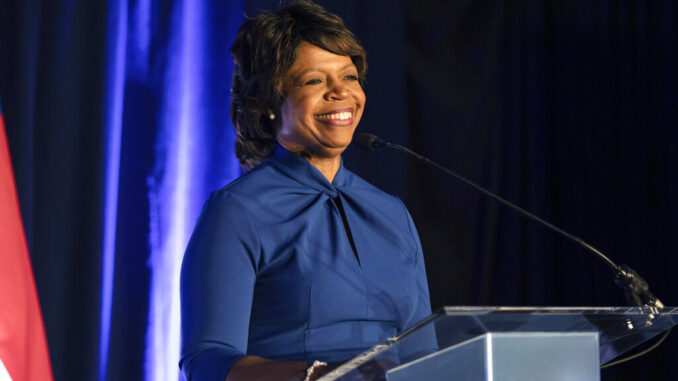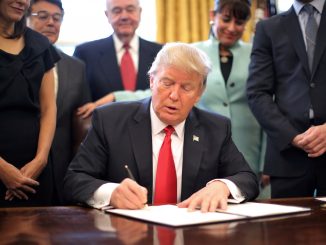

The upcoming 2022 midterms will determine whether Democrats in Washington can retain their majority in Congress or if Republicans have made an effective argument to voters to wrestle back control in D.C. That majority might be decided here in North Carolina, where Democratic candidate former State Supreme Court Chief Justice Cheri Beasley and Republican U.S. Rep. Ted Budd (NC-13) are squaring off in one of the nation’s most-watched Senate races. Currently, polls show that Budd and Beasley are neck-and-neck, and many voters are still weighing which candidate to support in November.
But while neither Budd nor Beasley have established a firm foothold in the Tar Heel State, there’s still time for these two candidates to sharpen their midterm messages to win over key constituencies. In North Carolina, that means paying special attention to the concerns of older voters.
While it’s not uncommon to see midterm races decided by older voters, that demographic is especially influential in North Carolina. In 2020, North Carolinians over the age of 40 made up 60% of the electorate, an already-powerful voting bloc. But data from May’s primary elections indicates that older voters are ready to turn out in record-breaking numbers in November. Researchers at Catawba College found that the average voting age in the May primaries was 64 years old ― 90% of primary voters were over the age of 40.
And these are pragmatic voters — they aren’t interested in sending politicians running on a platform of cultural issues to Washington, and there’s a track record to prove it. In 2016, voters ousted former Governor Pat McCrory after he pushed the State Legislature to pass the now-infamous “Bathroom Bill.” More recently, North Carolinians in the western part of the state denied far-right U.S. Rep. Madison Cawthorn’s reelection bid in favor of the more moderate State Sen. Chuck Edwards. In the race to fill longtime Democratic U.S. Rep. David Price’s congressional seat, State Sen. Valerie Foushee defeated her progressive opponent by running a kitchen table campaign.
Older voters want candidates who are willing to run on the issues that affect millions of North Carolinians every day. They want politicians to take on out-of-control prescription drug prices and protect access to healthcare. Candidates have to have a plan to tackle inflation. Those kitchen table issues are the most popular and relevant issues in the state, and North Carolina politicians need to craft their campaigns around them.
The result of the Senate race between Cheri Beasley and Rep. Budd is going to come down to which candidate can successfully key into kitchen table issues. Across North Carolina, costs are on the rise, and folks are far more concerned about prices at the pump and putting food on the table than watching Washington insiders quibble over irrelevant issues.
Right now, North Carolinians are crystal clear about the issues we care about, and politicians need to take note.
Bobby Hurst lives in Fayetteville.



